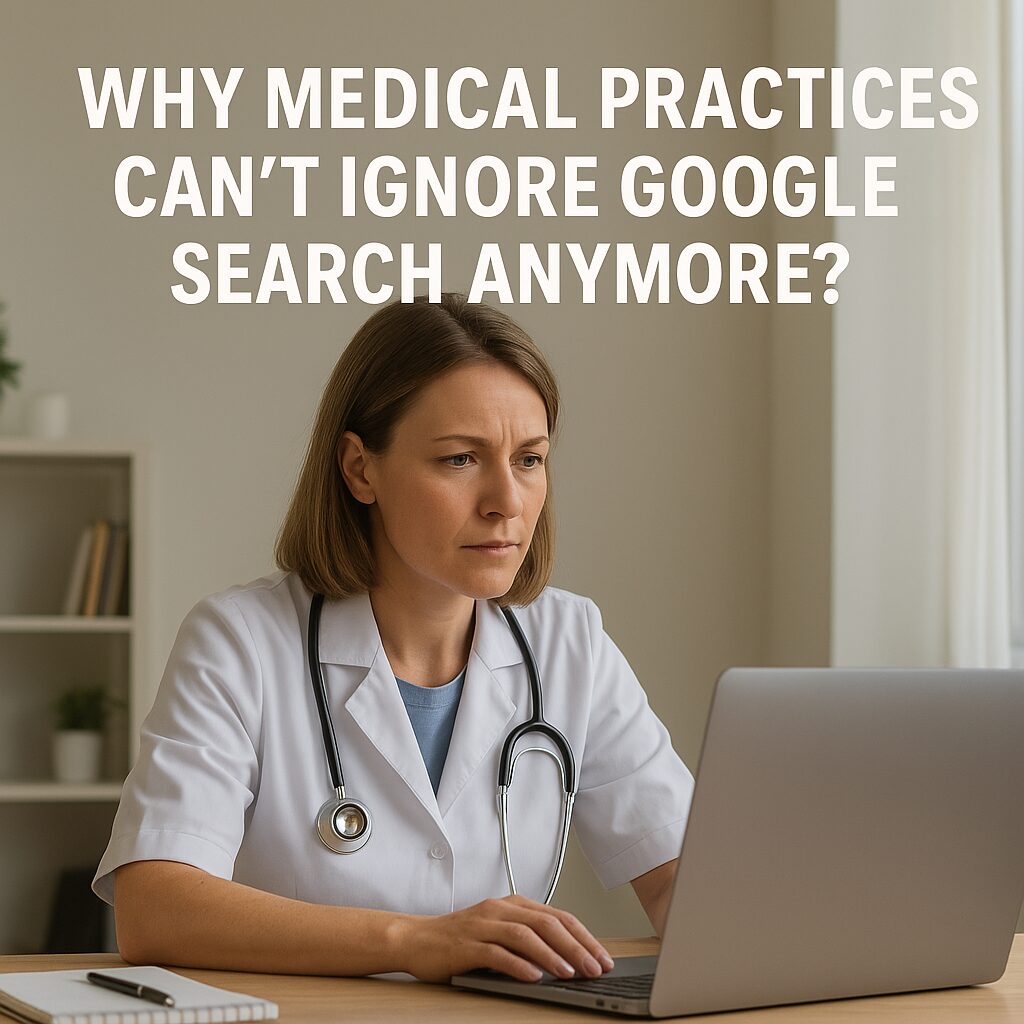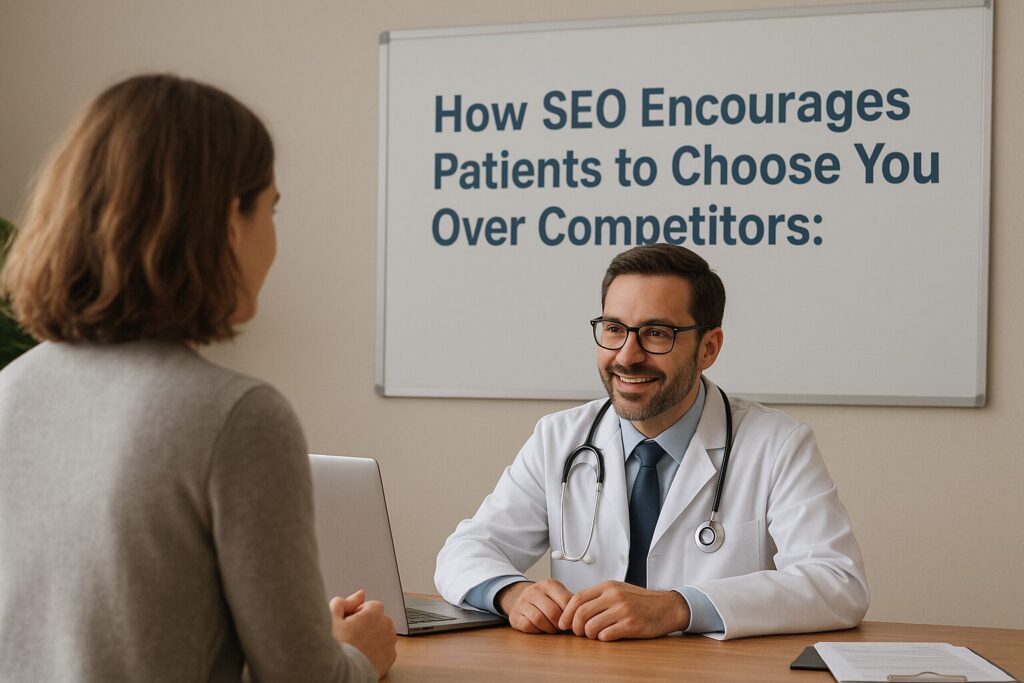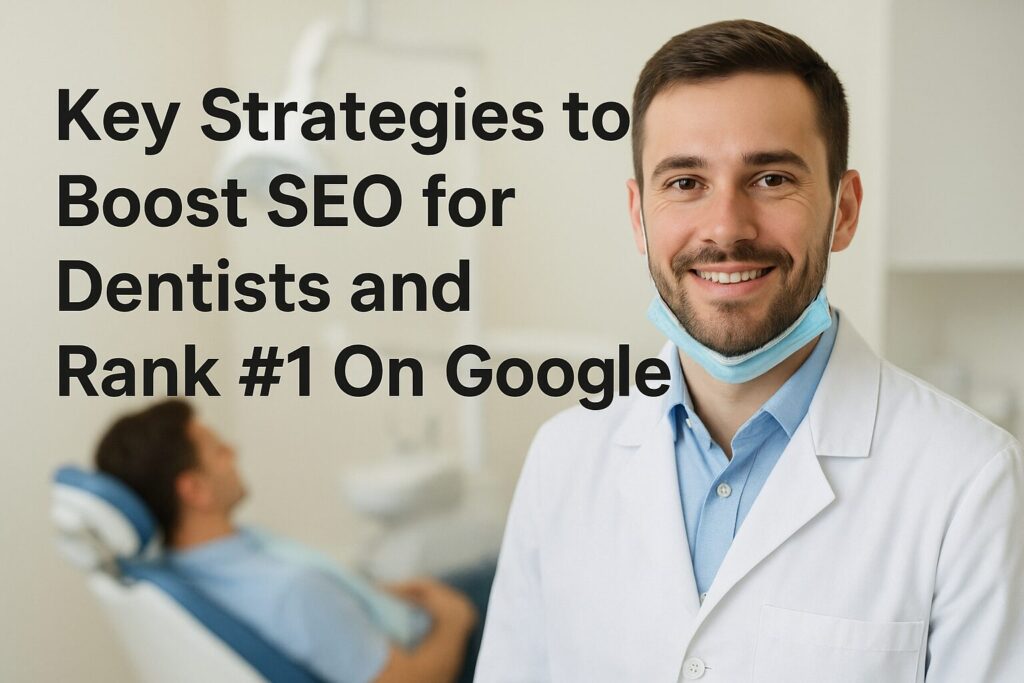Search Engine Optimization (SEO) is possibly the most effective strategy that healthcare organizations use to attract new patients over the internet. Nevertheless, it is plagued by failure despite its potential, as most digital marketing agencies fail miserably when it comes to healthcare SEO. The reason? They converse healthcare websites as any other business without keeping in mind strict regulations, special intent on patients, and special industry content requirements.
We would like to discuss why agencies fail to do SEO in healthcare, and more to the point, how you can do it.
-
They Don’t Understand Healthcare Compliance
There are no regulatory frameworks like strict legal regulations of general business, as healthcare organizations are regulated by the legal frameworks of HIPAA (Health Insurance Portability and Accountability Act) in the U.S. or the legal requirements of GDPR in the European Union. Most agencies fail since they do not consider the impacts of these regulations on SEO strategies.
The publication of patient information, the use of unauthorized testimonials, and the monitoring of sensitive health-related keywords without the consent of the user are examples of things that can cause severe legal issues. The medical SEO should use a privacy-centered strategy where all content, forms, and advertisements need to be in line with the medical data laws.
How to Get It Right:
Select an SEO firm that knows healthcare compliance. You should always make sure that your website supports secure HTTPS protocols, anonymization of patient data, and that privacy policies ought to be clearly posted.
-
They Use Generic SEO Strategies
The one-size-fits-all SEO applies to most agencies. They are concentrating on common e-commerce or company approaches, such as link building and blogging, without knowing how patients will act and what the local intentions are in searching.
Patients do not go and search for cheap services or offers. They use such words as urgent care near me, best pediatrician in Las Vegas, or how to treat migraines naturally. These are questions of confidence and necessity- not price.
How to Get It Right:
Healthcare SEO should emphasize local SEO, long-tail keywords, and pages based on services. Optimise near me searches, business profile listing on Google, and schema markup of doctors, clinics, and medical services.
-
They Ignore E-E-A-T and Content Authority
The E-E-A-T (Experience, Expertise, Authoritativeness, and Trustworthiness) model used by Google is essential in healthcare search engine optimization. Most agencies create blogs crammed with keywords or computer-generated health information that is not medically verified. This not only damages rankings but also credibility.
How to Get It Right:
Produce healthcare-approved, highly researched material written or fact-checked by a healthcare professional. Provide author bio, credentials, and reference to credible medical sources. This creates credibility with the patients and also with search engines.
-
They Neglect Technical SEO and Website Experience
Slow, improperly designed, or unfriendly-to-mobile health care websites are like life killers- even with good rankings. Non-healthcare agencies usually lose track of the fact that patients desire to find the information with one click, book their appointment quickly, and have their page load as soon as possible, regardless of the device they are using.
How to Get It Right:
Focus on technical SEO essentials:
- Optimize page speed and Core Web Vitals.
- Ensure your site is mobile-responsive.
- Simplify navigation for key services (e.g., “Book an Appointment,” “Find a Location”).
- Use structured data for doctors, reviews, and FAQs to enhance visibility in search results.
-
They Fail to Track Real Patient Conversions
Most of the agencies monitor superficial measures such as clicks, impressions, or backlinks- but these figures do not directly correspond to the inflow of new patients. In medical care, the actual measure of success is not the level of traffic, but the number of appointments made and calls received by the patients.
How to Get It Right:
Include the call tracking, form tracking, and appointment analytics in your SEO dashboard. Utilize such products as Google Analytics 4 and Google Tag Manager to track which keywords and landing pages are actually bringing the patient into action, in fact.
-
They Forget About Local SEO and Reputation Management
To healthcare providers, local SEO means everything. However, Google Business Profile optimization, local citations, and online reviews are not given much attention by many agencies. The presence in Google Maps can break the acquisition of patients in a clinic.
How to Get It Right:
Make sure you use the same Name, Address, and Phone on all listings. Add pictures, frequently asked questions, and descriptions of your profile that are easy to understand to Google. Promote the presence of verified patients with positive comments and feedback responses.
-
They Don’t Combine SEO with Patient Experience
Lastly, most agencies do not consider SEO as a patient experience process but rather a technical one. Being ranked higher does not make sense unless the website converts visitors to patients.
How to Get It Right:
Apply conversion-based SEO – create content that directly responds to the actual patient needs, create easily navigated content, and include evident CTAs, such as Book a Consultation or Talk to a Specialist.
Final Thoughts
The real thing is that healthcare SEO is not merely about positioning but trust. The failure of most agencies is due to the desire to follow the algorithms rather than to comprehend patients. A combination of medical know-how, compliance, and ethical online marketing is a winning strategy.
Initially, SEO can help make your clinic the strongest engine of growth as it can attract a constant flow of new patients who are actively looking to find a clinic.





